Benjamin Netanyahu dissolves Israel’s war cabinet
The decision follows Benny Gantz’s resignation last week and comes as a top US envoy travels to the region amid concerns of a wider conflict with Hezbollah.
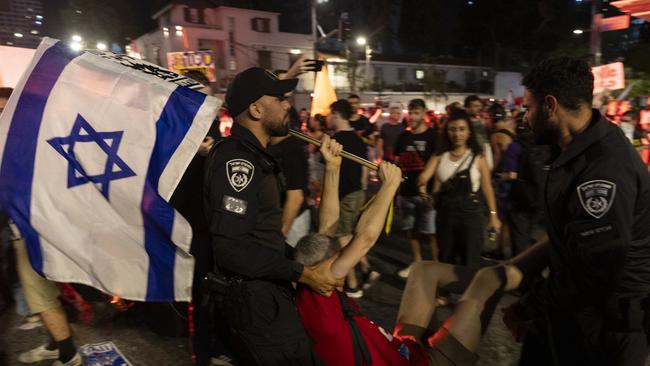
Israeli Prime Minister Benjamin Netanyahu dismantled the war cabinet set up to bring a unified approach to the fight against Hamas, as a top U.S. envoy travelled to the region to push diplomatic efforts aimed at heading off a wider conflict with Hezbollah on the Lebanese border.
Netanyahu said he was scrapping the war cabinet, a small body that was formed at the start of the war and oversaw top decision-making, during a Sunday night security cabinet meeting, an Israeli official said. The decision followed last week’s resignation of war cabinet member Benny Gantz to protest Netanyahu’s handling of the war in Gaza.
Dissolving the war cabinet lets Netanyahu avoid a potentially thorny decision of whether to bring other politicians into the group, including far-right members of his coalition. Instead, the larger security cabinet will continue to decide on matters regarding the war, and Netanyahu will hold smaller forums for sensitive matters, the official said.
Disagreements in the war cabinet have grown for months over how to manage the Gaza war and the hostage crisis. Gantz said publicly his influence over decisions about the war had diminished since earlier in the conflict.
The biggest counterweight to Netanyahu remains the U.S., which urges more restraint in Israel’s decision-making in the war.
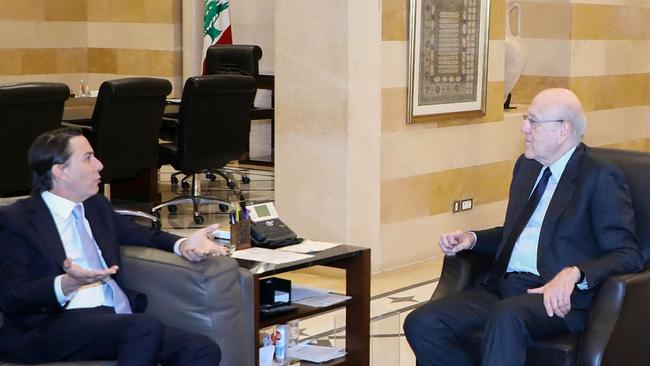
U.S. special envoy Amos Hochstein visited Israel on Monday and met with Netanyahu and other top officials. He heads to Lebanon on Tuesday to meet senior officials there. His trip to the region comes after a tense week when an Israeli strike in southern Lebanon killed Taleb Sami Abdullah, one of the most senior members of Hezbollah, and the militant group responded by firing hundreds of rockets and drones at Israel over the course of three days.
“Hezbollah’s increasing aggression is bringing us to the brink of what could be a wider escalation – one that could have devastating consequences for Lebanon and the entire region,” the Israeli military’s chief spokesman, Rear Adm. Daniel Hagari, said Sunday.
Officials involved in the negotiation efforts and analysts say that recent weeks have seen an increase in the quantity and range of projectiles fired by Hezbollah and the depth of Israeli strikes into Lebanon, raising the chances for a miscalculation that could snowball into a full-scale war. The militant group has launched more than 5,000 rockets, antitank missiles and explosive drones at Israel since the start of the conflict on Oct. 7, according to the Israeli military.
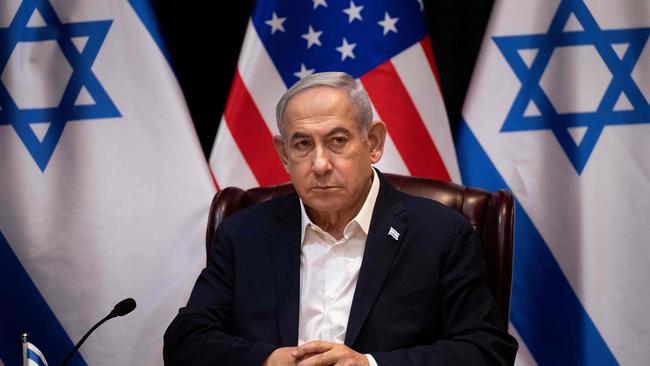
Since the start of the war, Hezbollah has lost 338 fighters, according to a tally based on the militant group’s statements. Some 95 Lebanese civilians have been killed, according to OCHA, the United Nations humanitarian agency, and Lebanese officials. In Israel’s north, 17 soldiers and nine civilians have been killed as result of the hostilities, according to Alma Research and Education Center.
Concerns have grown in Washington about the conflict on the border. Last week, the commander of the Lebanese Armed Forces made his first Pentagon visit in more than two years, in part to discuss the escalating tensions with Israel. That same day, U.S. Defense Secretary Lloyd Austin spoke by phone with his Israeli counterpart, Yoav Gallant, discussing efforts to de-escalate tensions, the Pentagon said.
Hochstein has been involved in indirect talks with Hezbollah, with Nabih Berri, speaker of the Lebanese parliament, acting as intermediary, according to a person familiar with the discussions. They are discussing a preliminary agreement to end hostilities that would be contingent on a Gaza ceasefire, the person said. Hezbollah is a U.S.-designated terrorist organisation.
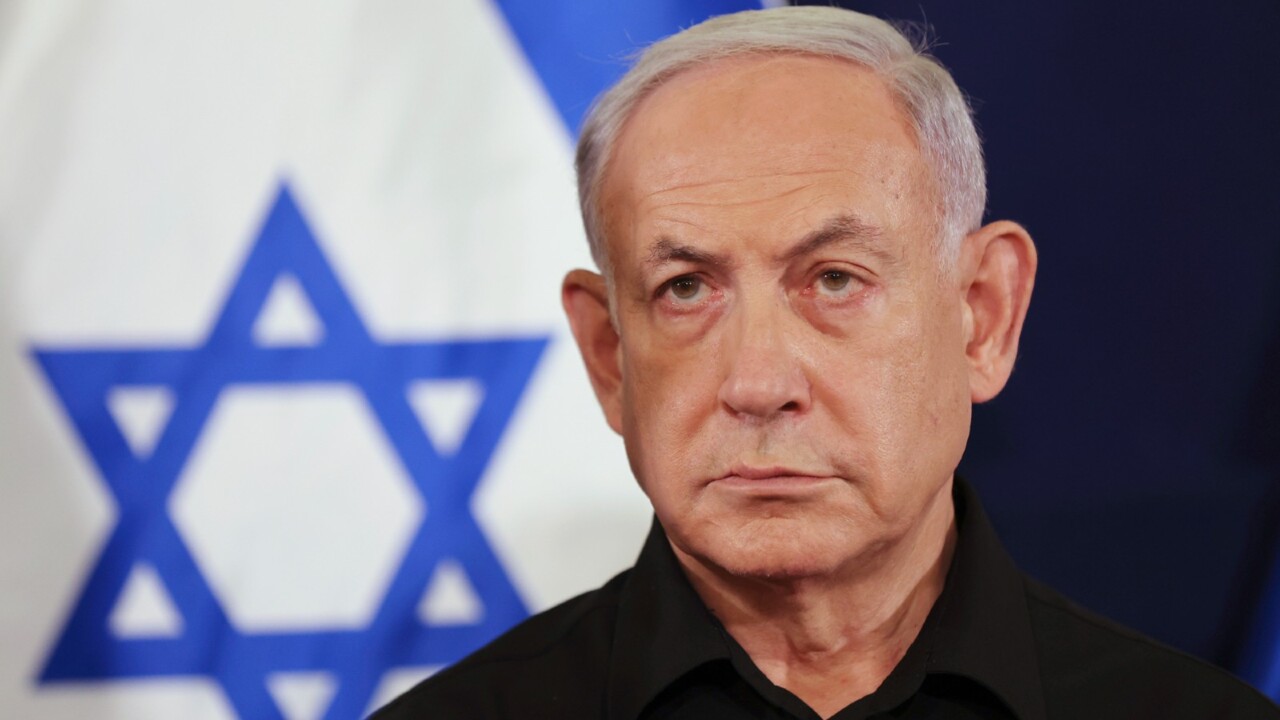
France is also working a diplomatic track to try to lower the temperature on the border. Delegations have travelled to Paris, Lebanon and Israel in recent weeks with limited success so far.
“The jump-start of negotiations is not there precisely because Hezbollah wants to connect a ceasefire in the north with a ceasefire in Gaza, and the Israelis are saying no. So that’s the main obstacle down the road,” a French diplomatic official said. The diplomat added that France is now asking for a lasting ceasefire in Gaza to create a favourable climate for the negotiation process.
Gallant on Friday rejected French President Emmanuel Macron’s call for France, the U.S. and Israel to work together to defuse tension on the border.
“Israel will not be a party to the trilateral framework proposed by France,” Gallant said.
Relations between Israel and France have been tense since the French Defense Ministry banned Israeli companies from taking part in a major Paris arms show earlier this month due to the military operation in Rafah.
Tens of thousands of Israelis and Lebanese have been evacuated from their homes from both sides of the border as a result of the fighting.
Mayors and residents of towns in Israel’s north are becoming increasingly frustrated about the situation, with many calling on Israel to be more aggressive in its attacks or even start a war to push Hezbollah back from the border. That would embroil Israel in a dangerous new front while it still has troops tied down in Gaza.
“The motivation to promote such a move rises as the public pressure to promote such a move rises,” says Orna Mizrahi, a former Israeli deputy national security adviser. “Of course when you are fighting on two fronts you are more limited.”
Dow Jones


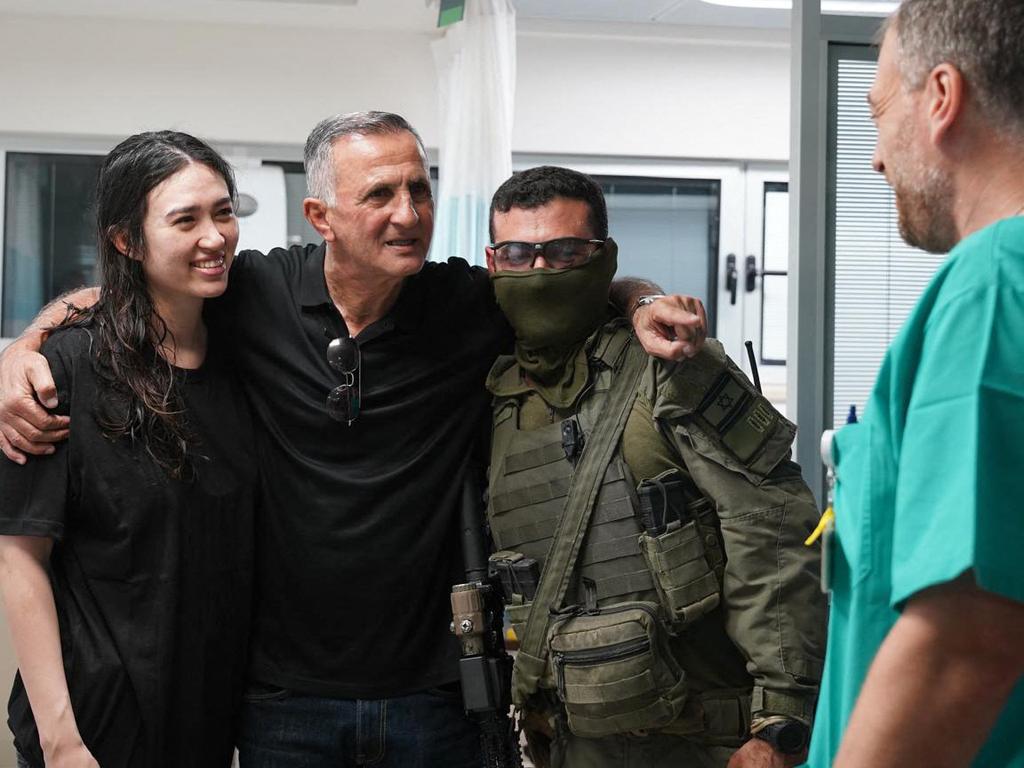
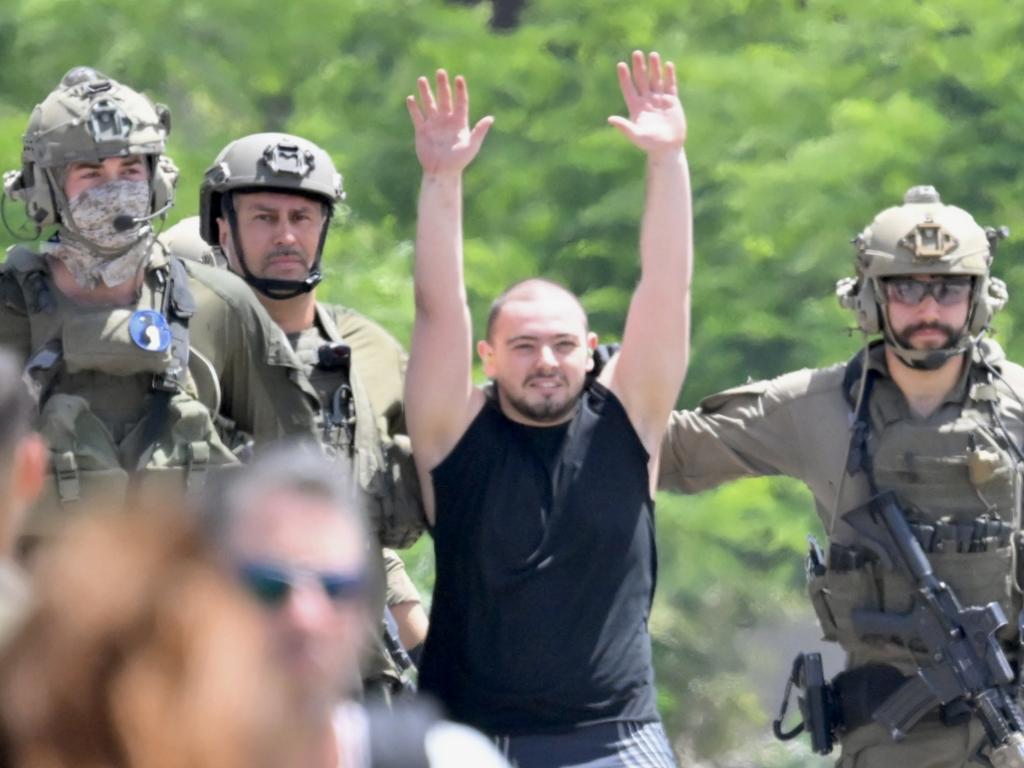
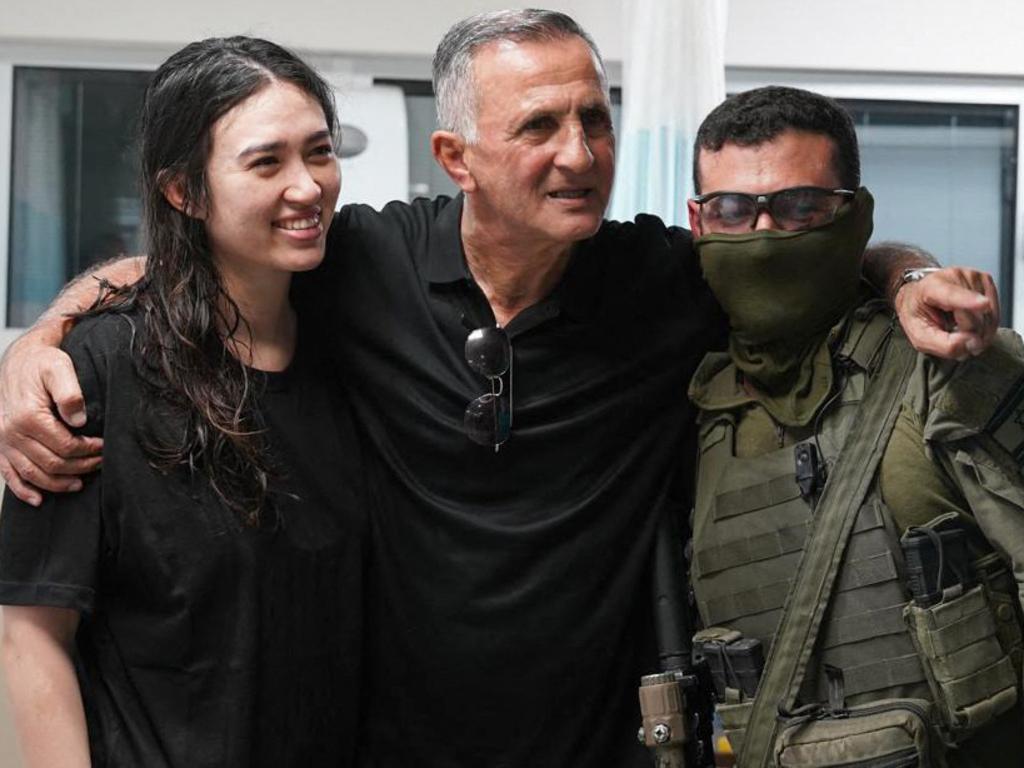


To join the conversation, please log in. Don't have an account? Register
Join the conversation, you are commenting as Logout